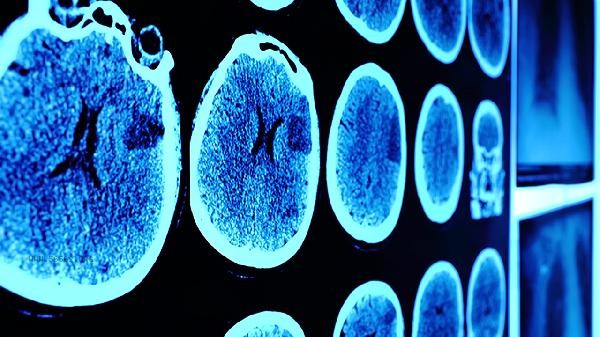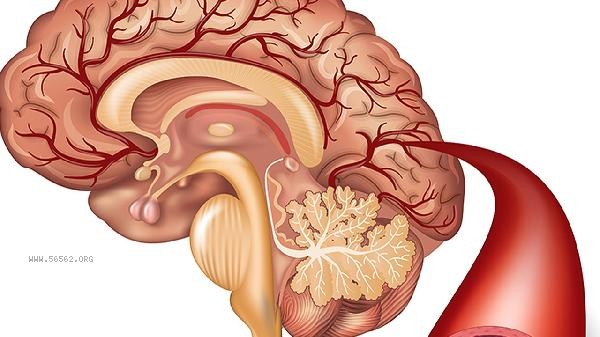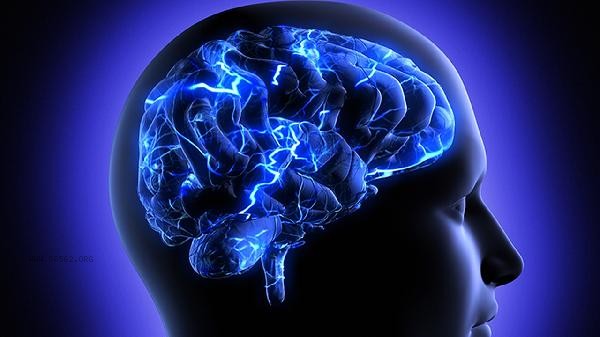The confusion of brain thinking logic can be improved by adjusting daily routines, psychological interventions, cognitive training, medication treatment, seeking professional help, and other methods. Chaotic thinking may be related to factors such as excessive stress, lack of sleep, mental illness, brain disorders, and nutritional imbalances.

1. Adjusting sleep routine
Maintaining a regular sleep routine helps stabilize brain function. Sleep and wake up at a fixed time every day to ensure 7-8 hours of high-quality sleep. Take a short 20 minute break during lunchtime to avoid disrupting the circadian rhythm. Reduce the use of electronic devices before bedtime and create a dark and quiet sleeping environment. Long term insomnia sufferers are advised to keep a sleep diary and consult a sleep specialist if necessary.
2. Psychological intervention
Cognitive behavioral therapy can effectively improve thinking disorders. By identifying automatic negative thinking, establish a more rational cognitive model. Mindfulness meditation practice can enhance attention control by practicing 10-15 minutes of breathing exercises daily. Emotional release techniques such as writing therapy can help organize chaotic thoughts, and it is recommended to concretize disordered thinking into words or pictures.
3. Cognitive training
Structured mental activities can enhance logical thinking ability. Engage in daily games such as Sudoku and chess that require rigorous reasoning, and read philosophy books to cultivate systematic thinking. Attempt to use mind maps to organize daily tasks and train the brain to establish clear associations through classification and induction. Memory palace techniques and other memory techniques can also enhance the orderliness of information processing.

4. Drug therapy
Severe thinking disorders require medication under the guidance of a doctor. Olanzapine can be used for cognitive dissonance caused by schizophrenia, sertraline can improve cognitive delay associated with depression, and sodium valproate is effective for cognitive dissonance in bipolar disorder. During medication, cognitive function should be regularly evaluated, and self adjustment of dosage is prohibited. Some traditional Chinese patent medicines and simple preparations, such as Anshen Bunao Ye, can also assist in conditioning.
5. Seek professional help
Seek medical attention promptly when self-regulation is ineffective. Clinical psychologists will use a set of neuropsychological tests to assess cognitive function, and psychiatrists can identify qualitative mental disorders. Physical therapy such as transcranial magnetic stimulation is effective for certain cases. For patients with traumatic brain injury or degenerative diseases, neurology departments need to participate in multidisciplinary consultations to develop rehabilitation plans.

Daily attention should be paid to balanced intake of foods rich in lecithin, such as eggs and soybeans, and supplementing with B vitamins to maintain nerve conduction function. Engage in aerobic exercise three times a week to promote blood circulation in the brain and avoid excessive intake of alcohol and caffeine. Establishing a social support network and regularly communicating with family and friends can help organize thinking. If the symptoms continue to worsen or are accompanied by severe symptoms such as hallucinations, it is necessary to immediately seek medical attention at a mental health center.








Comments (0)
Leave a Comment
No comments yet
Be the first to share your thoughts!